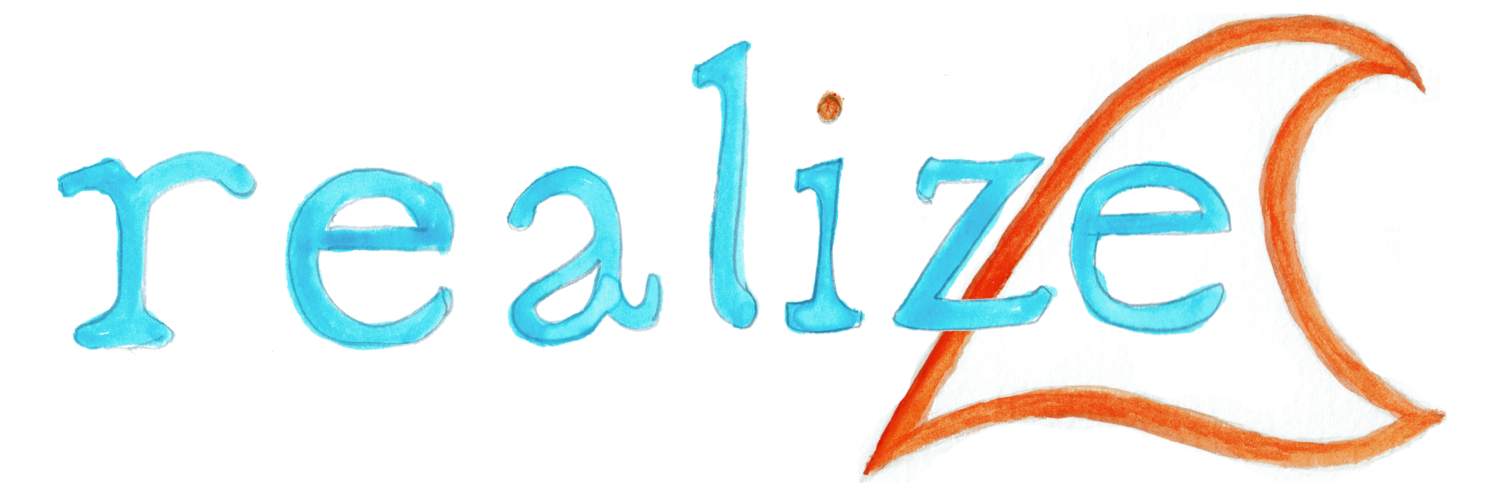Celebrating Juneteenth
June 17, 2021
As I write this, President Biden is about to sign a bill designating Juneteenth as a federal holiday.
I learned about Juneteenth embarrassingly recently: two years ago. I had planned a meeting for social entrepreneurs that day, and my friend and collaborator gave me a heads up that June 19th was Juneteenth. What's that? I asked.
If you're asking the same question (which you probably aren't at this point, but just in case), Juneteenth celebrates the end of slavery in the United States in June 1865, when in Galveston, Texas the last group of enslaved people finally learned they were freed – more than two years after President Lincoln's Emancipation Proclamation. The tradition of celebrating Juneteenth similarly to the Fourth of July grew in Texas and later spread to other parts of the country.
I wish I had known about Juneteenth sooner. While I did grow up with awareness of the Black American freedom struggle and civil rights movement, the liberation ritual that stands out most is Passover. Although the story of the Exodus is ancient and mythologized, it came alive each year in our observances, and I identified with the joy of the enslaved people becoming free. Even though we were not physically present, the story is still part of my people's lifeblood.
The same can be said of Juneteenth. None of us who are alive today were there in 1865. Some of us are the descendants of enslaved Black Americans. Some of us are the descendants of those who did the enslaving. Some hold both lineages. Some hold neither, at least not biologically (I identify with this segment, as my earliest forbears to immigrate to the US arrived during that same year, 1865.) Yet this story is all of ours. And I'm grateful that the federal recognition elevates this season as a time for all to engage in the ongoing work of this unfinished project of liberation.
May this be a time for each of us (especially those of us who are White or White-passing) to check in and ask ourselves:
what am I doing to continue bending the arc of history towards equity, justice, and freedom?
in what ways am I enabling the status quo, which is unjust?
how can I learn more about what I don't know and be a better ally to those most oppressed?
In recent months, I've been bringing these questions to a new growth opportunity as a coach, convener, and human. Earlier this spring I joined the Inclusive reDesign Collective, a membership community for online facilitators who are striving for racial equity and inclusion. The group is convened by my friend and teacher Nina Everflow.
There's much more I could say about my own unfinished project of allyship for racial justice. I look forward to engaging more with you, the Realize Change community, in the coming months around this important work.
Wishing you a meaningful Juneteenth – one of healing, repair, and liberation,
Sarah
Photo by Tony Alvarez. My son and I participated in a neighborhood-based Black Lives Matter march in June 2020.
